The question of whether it’s illegal to sleep in your car in Washington State is more nuanced than a simple yes or no. Understanding the laws, practical consequences, and where you can—or can’t—sleep safely in your vehicle is crucial for anyone facing travel fatigue, financial hardship, or simply needing a convenient place to rest. This comprehensive guide breaks down Washington’s regulations, dispels myths, and provides actionable advice for both travellers and residents.
Under Washington State Law: Is Sleeping in Your Car Legal?
No statewide law bans sleeping in your car outright in Washington. Unlike some states, Washington does not have a blanket law prohibiting you from sleeping in your vehicle at any public location or rest stop. In fact, for those experiencing homelessness, case law and advocacy groups clarify that living—not just sleeping—in your vehicle is generally not illegal, provided the car is legally registered and in working order. However, this general permission is heavily qualified by local ordinances, time restrictions, and location specifics that can change everything from one city to the next.
Rest areas and state highways:
Along Washington’s highways, the state offers numerous safety rest areas designed for fatigued motorists to rest. You are legally allowed to stay at these rest areas for up to 8 hours at a time, and sleeping inside your vehicle is generally tolerated—if not explicitly encouraged—as a safer alternative to drowsy driving. Authorities tend to view this as a reasonable accommodation for those who need to recharge during a long trip.
Public parking lots and street parking:
On public property, such as city streets or public lots, the rules tighten. While the state doesn’t specifically criminalize car sleeping in these places, many local jurisdictions have ordinances limiting or outright banning overnight parking, especially in congested areas like Seattle’s residential zones. Some cities, like Seattle, allow parking overnight on most streets but have banned sleeping in vehicles within city parks or near schools. Ignoring posted restrictions can result in fines or even towing.
Private parking lots:
Private property, such as shopping center lots or Walmart parking lots, is another common place where people consider sleeping in their cars. Here, the rule is simple: permission is required from the property owner. Many Walmart locations across the country and in Washington have reputations for allowing overnight parking by travelers, but this is at the discretion of each store, and local ordinances may override the store’s policy. Never assume overnight parking is allowed without checking for signs or asking a manager.
Legal Implications and Potential Consequences
Parking violations and tickets:If you park overnight in an area with posted restrictions—such as “No Parking 2:00–6:00 AM”—you risk receiving a parking ticket, even if you are inside your vehicle. Enforcement varies by city and even neighborhood, so always check local signage.
Trespassing:If you sleep in your car on private property without permission, you could be ticketed for trespassing. This is less about the act of sleeping and more about violating property rights.
Homelessness and vehicle dwellers:For those who are unsheltered and living in their vehicles, local authorities may move you along under anti-camping or vagrancy ordinances, even if not explicitly cited for sleeping in your car. However, many Washington cities have struggled with this issue as homelessness rises, and enforcement can be patchy and inconsistent.
Safety issues: While not a legal consequence, safety is a significant concern. Rest areas are generally monitored, but reports of crime and theft can occur. Always assess your surroundings, lock your doors, and consider using better-lit, busier areas when possible.
Frequently Asked Questions
Q: Can I get arrested for sleeping in my car in Washington?
A: Arrest is highly unlikely unless you are breaking other laws (trespassing, DUI, loitering, etc.). Police are more likely to issue a ticket or ask you to move your vehicle if you are violating local parking ordinances.
Q: What about overnight parking at Walmart or other big-box stores?
A: Policies vary by location. Some Walmart stores permit overnight stays for RVs and cars, but always check for posted rules or ask management before settling in for the night.
Q: Are there places where sleeping in your car is expressly allowed?
A: Yes—state-run rest areas allow you to park and sleep in your vehicle for up to 8 hours at a time. Some recreation sites, like state parks, also allow car camping if you pay the required fees and follow their rules.
Q: What if I’m homeless and sleeping in my car?
A: In general, Washington courts have recognized that living in your vehicle is not a crime, but cities can regulate where and how long you can stay. Always check for local ordinances and seek assistance from local services if you are facing housing insecurity.
Q: Can I sleep in my car after drinking alcohol, to avoid a DUI?
A: Washington law allows you to sleep off alcohol in your car, but you must be in a location where overnight parking is permitted, and you should never have the keys in the ignition—even while sleeping—as this could be interpreted as intent to drive.
Practical Tips for Sleeping in Your Car in Washington
-
Choose rest areas for short-term sleep. These are your safest, most legal option for a quick, safe nap or overnight rest while traveling.
-
Read the signs. Never park overnight without checking for posted restrictions—city laws change block by block.d
-
Get permission for private lots. Always ask before bedding down in a shopping center or Walmart parking lot.
-
Stay discreet and quiet. Draw as little attention to yourself as possible to avoid unwanted scrutiny from law enforcement or security.
-
Consider safety first. Lock your doors, park near other cars, and use well-lit, populated areas when possible.
-
For longer stays, look into designated campsites or car camping areas. Many state parks and recreation sites offer affordable overnight options, but always make reservations ahead of time.
Special Note for Seattle and Urban Areas
Seattle, Washington’s largest city, has its own rules regarding sleeping in vehicles. While it’s not illegal to sleep in your car on most city streets, it’s banned in city parks and near schools. The city has implemented these rules to address concentrated homelessness and quality-of-life concerns for residents. Enforcement is more common in high-profile locations, so always check local parking rules before settling in for the night.
Myths vs. Facts
Myth: You can sleep in your car anywhere in Washington as long as you’re not causing a disturbance.
Fact: While there’s no blanket statewide ban, local ordinances, property rights, and time restrictions all apply. Always check for posted regulations, especially in cities and on private property.
Myth: If you’re sleeping in your car at a rest area, you can be forced to leave after a few hours, no matter the time limit.
Fact: Rest areas explicitly allow up to 8 hours of parking, and authorities generally won’t bother you as long as you abide by this rule. Exceeding this limit could result in a ticket or being asked to move.
Myth: Walmart always allows overnight parking.
Fact: While many Walmart stores do permit overnight stays, this is not a universal policy. Always check locally, as some areas have city ordinances that prohibit overnight parking regardless of store policy.
Resources for Additional Assistance
-
Washington Law Help: Offers guidance for people living in vehicles and facing legal uncertainties.
-
State Parks and Recreation Sites: Provide legal, safe overnight parking and camping opportunities for a fee.
-
Local Shelters and Social Services: If you are experiencing homelessness and need resources, contact local nonprofits and government agencies for assistance.
Conclusion: Navigating the Gray Area of Car Sleeping in Washington
Sleeping in your car in Washington State is neither universally legal nor universally banned—it all depends on where, when, and how you do it. Rest areas are your most reliable, government-sanctioned spots for a quick sleep, while city streets and parking lots require careful attention to local rules. For those facing homelessness, the law offers some protections, but enforcement can be unpredictable. Always prioritize safety, abide by posted regulations, and seek help if you need longer-term housing solutions.
If you find yourself needing to sleep in your car, know the rules, make safe choices, and understand your rights and responsibilities before you lay your head on the seat. With a little savvy and situational awareness, you can avoid legal trouble and ensure a safer, more comfortable night in Washington.
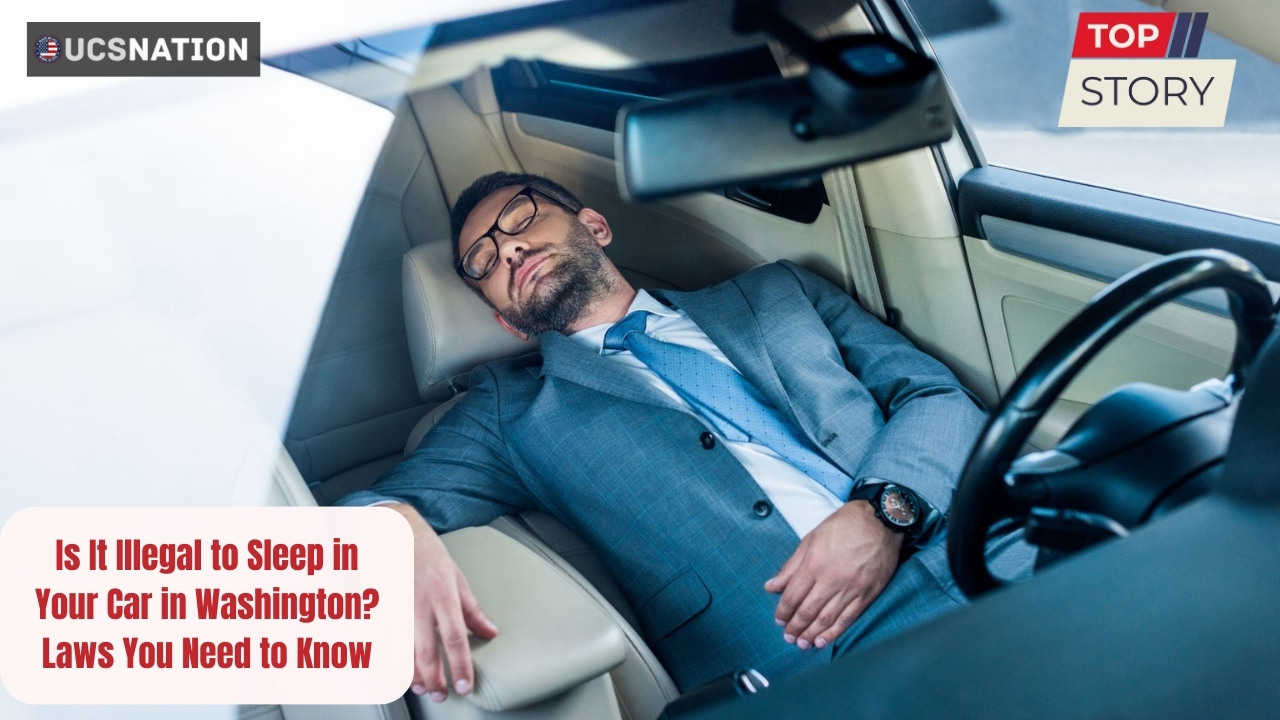
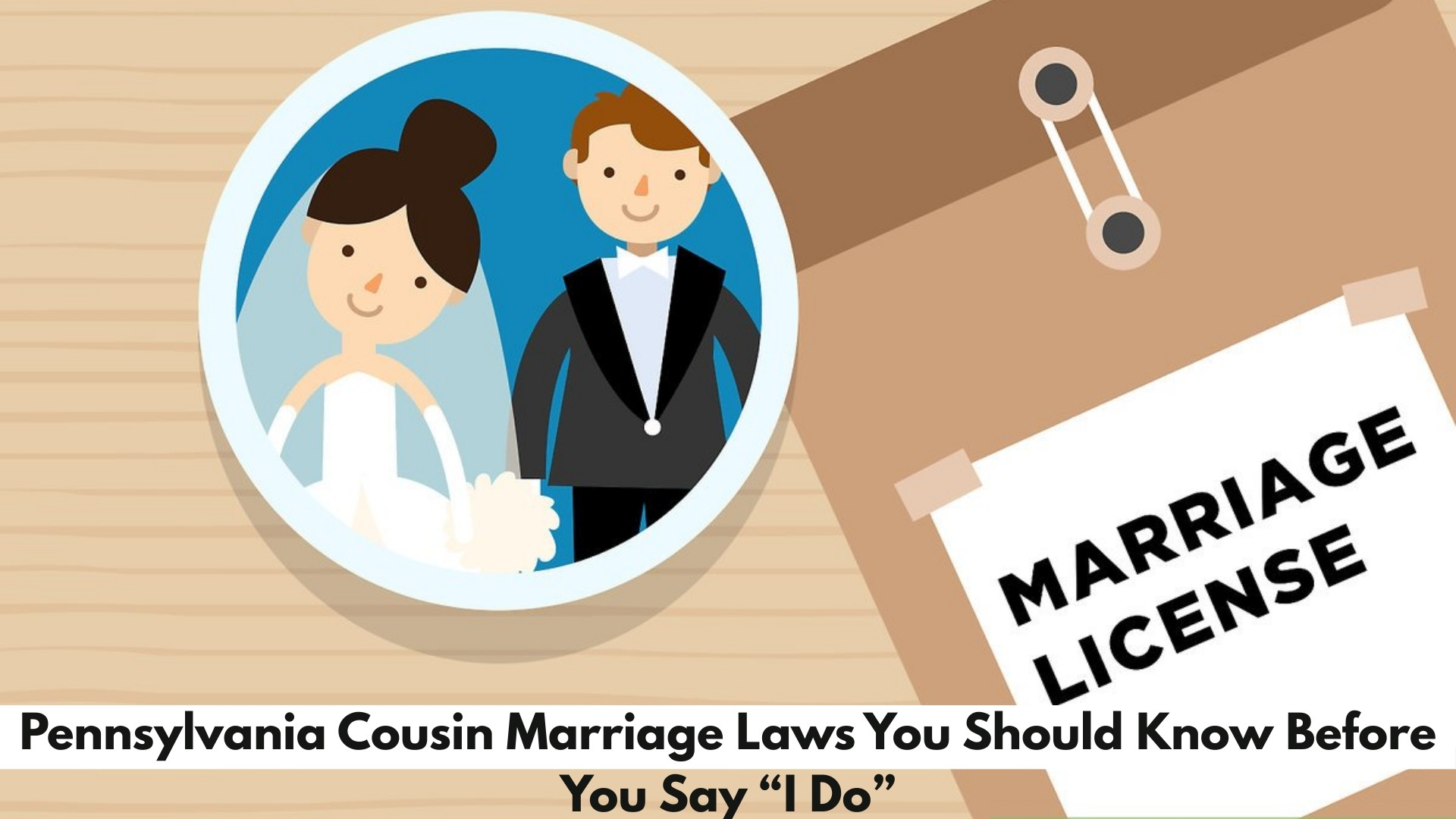

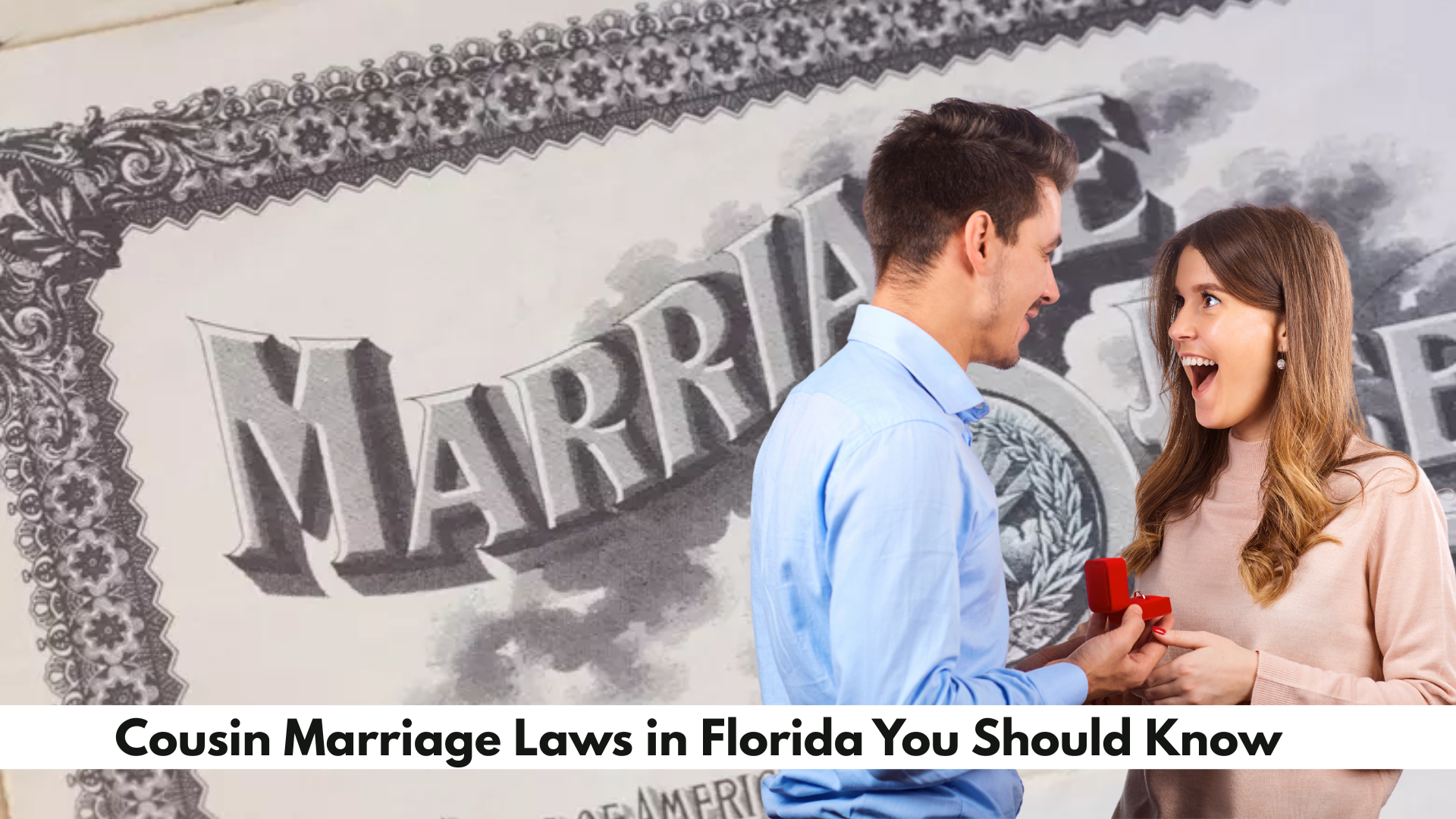
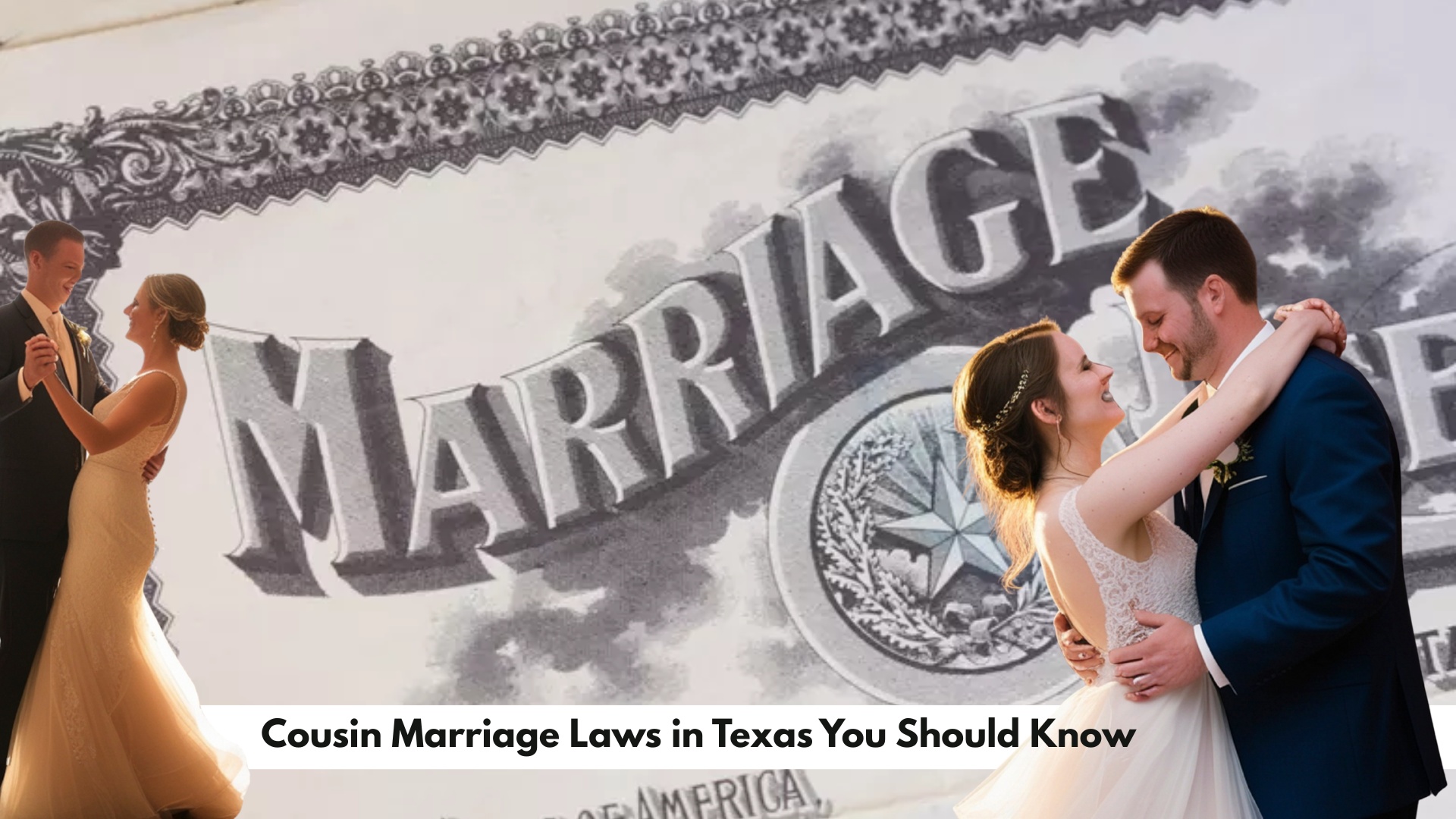

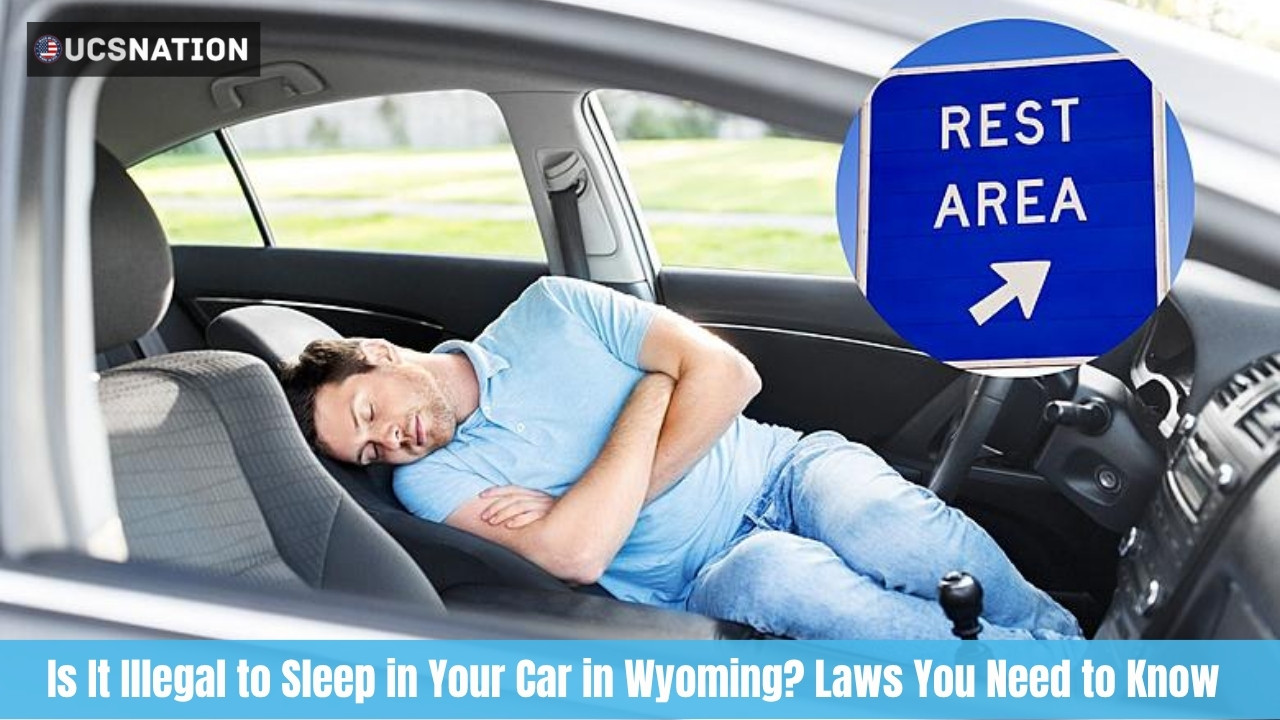
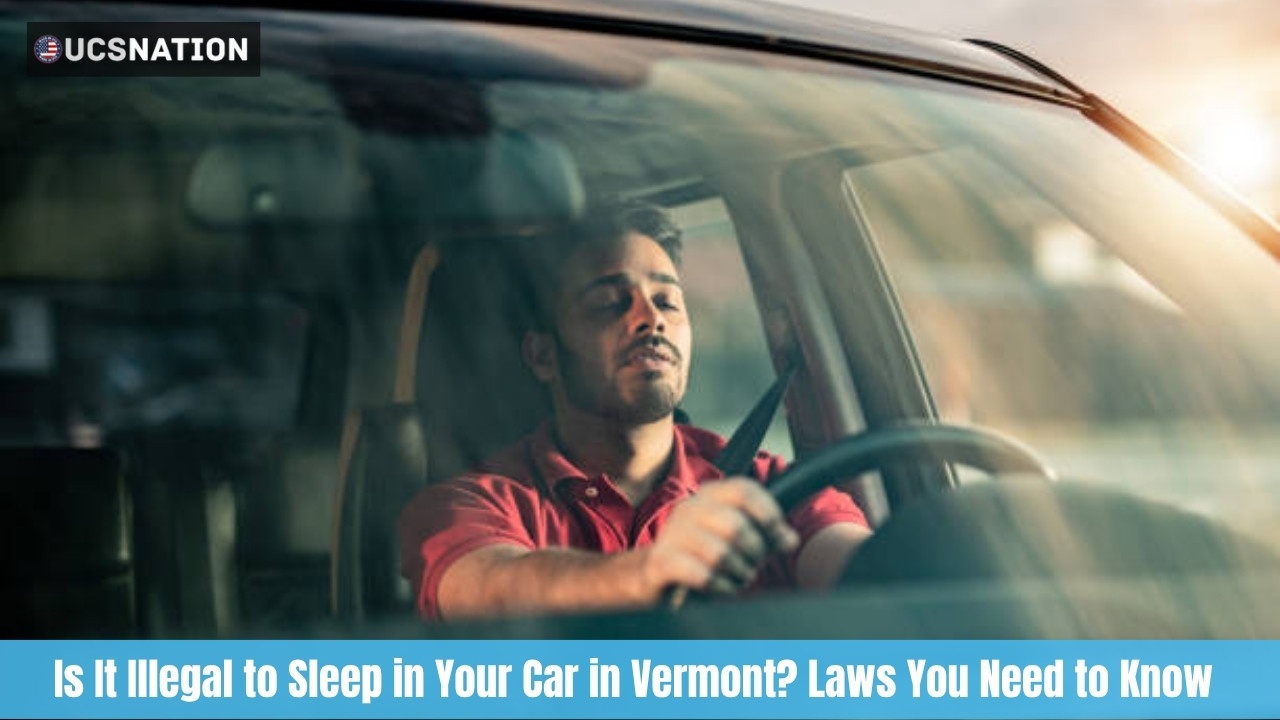
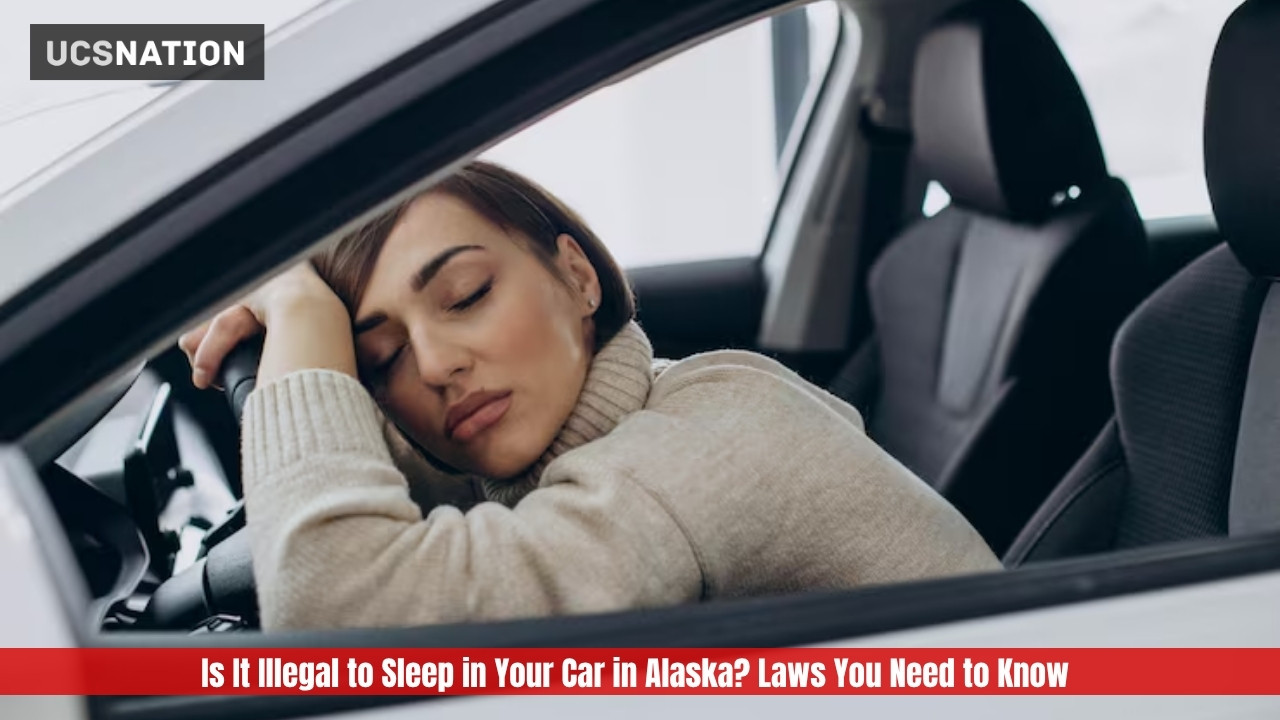
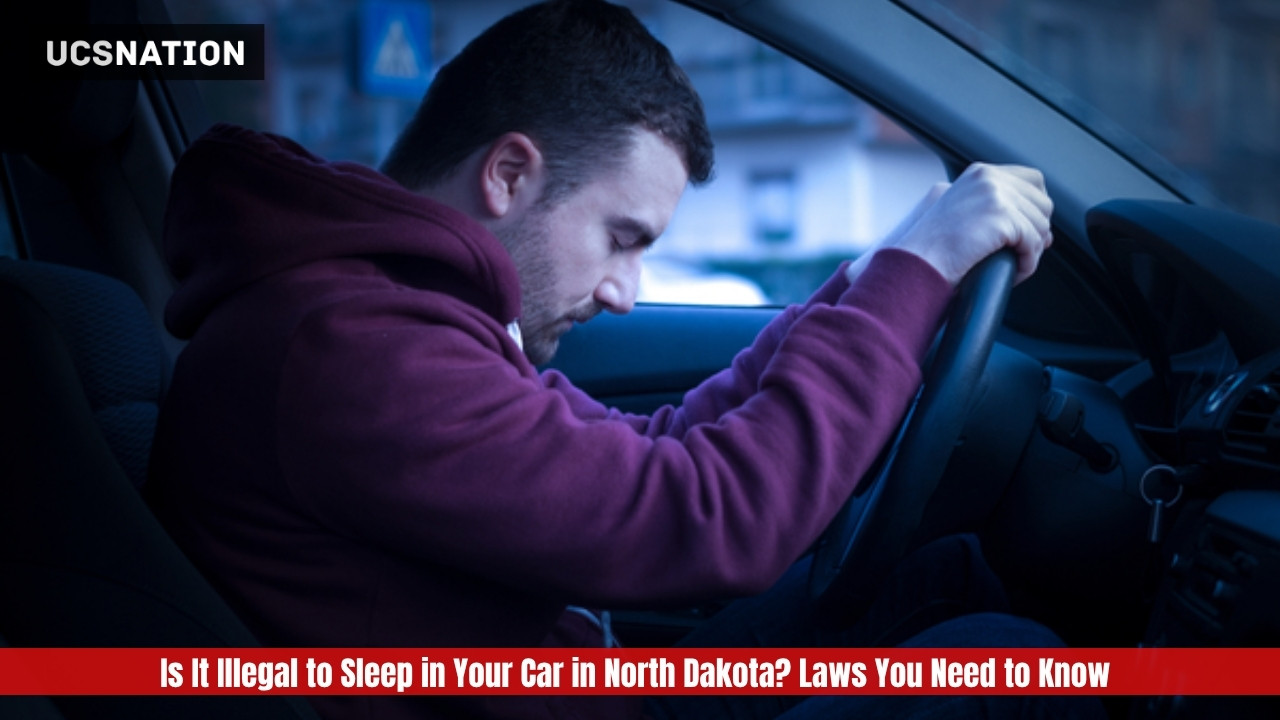
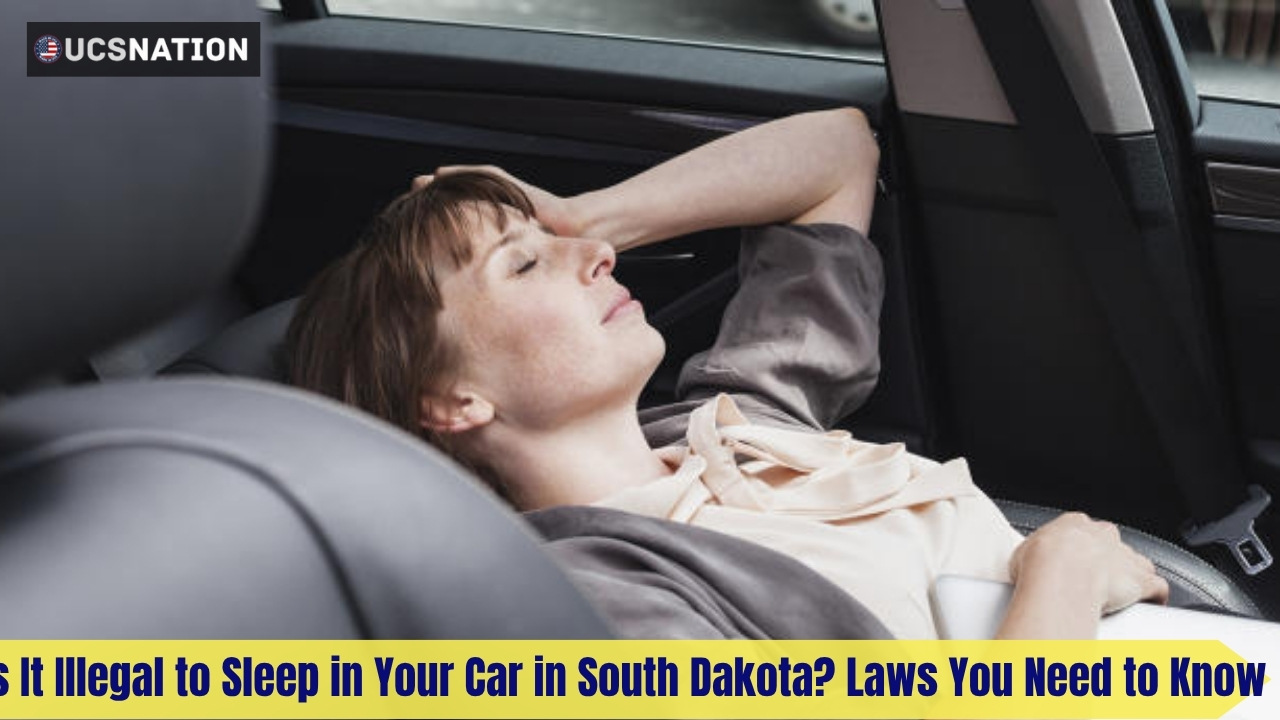




Leave a Reply